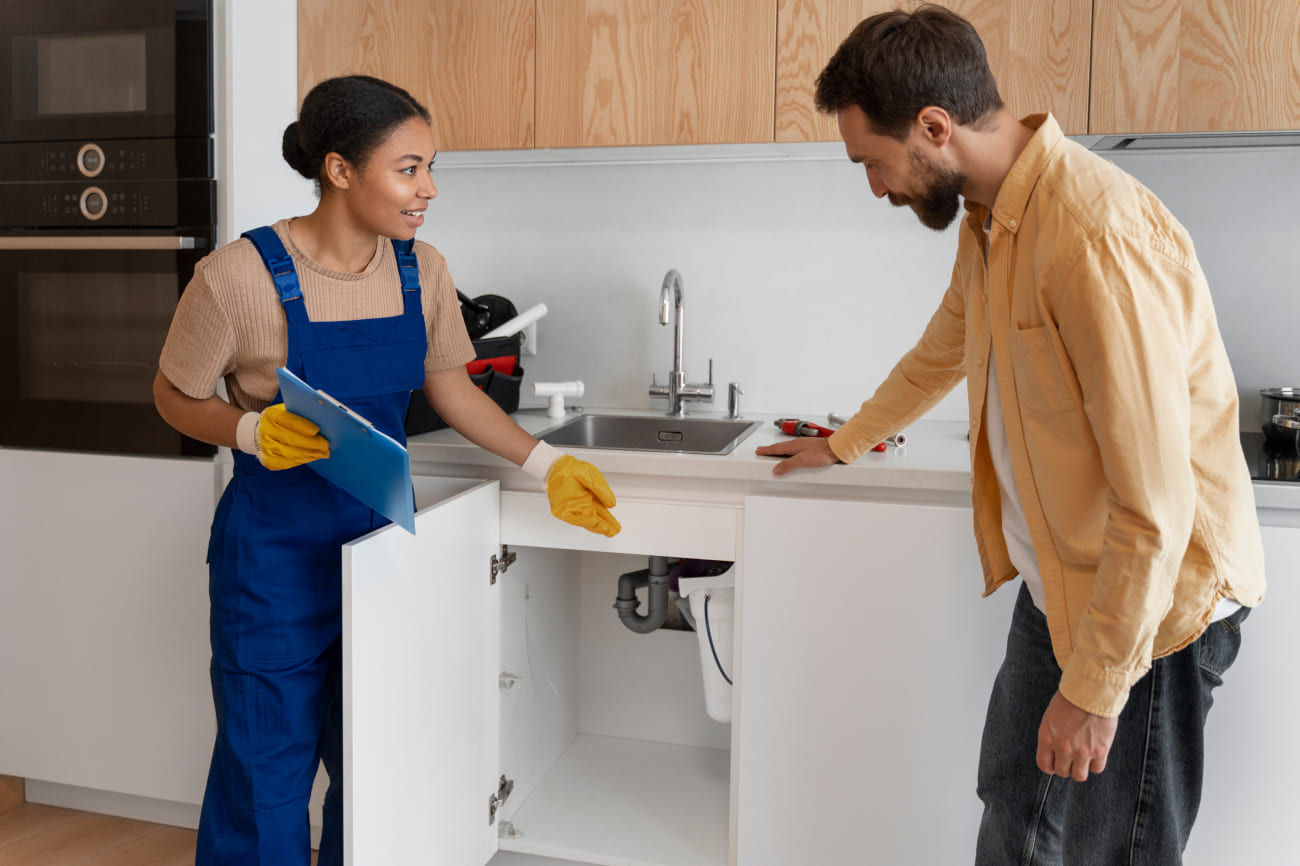The Path to a Successful Plumbing Job: Steps to Get Started

Are you considering a career in plumbing or looking to tackle some minor plumbing jobs around your home? Plumbing is a vital trade that ensures the smooth functioning of our everyday lives. This blog will provide valuable insights into what a plumbing job entails, why it's essential, and how you can excel as a professional or a DIY enthusiast.
-
Understanding the Basics of a Plumbing Job
Plumbing involves installing and maintaining water, sewage, and drainage systems. It requires technical skills, knowledge of safety regulations, and physical stamina. From fixing leaks to installing complex piping systems, plumbers are essential in maintaining our infrastructure.
-
The Importance of Plumbing Jobs in Society
Plumbers ensure clean water supply, proper waste disposal, and public health. Their work prevents potential health hazards and maintains the comfort and functionality of residential and commercial properties. Imagine a world without plumbers—leaks, blockages, and contaminated water would be rampant.
-
Key Skills Needed for a Plumbing Job
To succeed in a plumbing job, one must possess strong problem-solving skills, attention to detail, and manual dexterity. Additionally, effective communication is crucial when explaining issues and solutions to clients. Plumbers must also stay updated with the latest tools and techniques in the industry.
-
Types of Plumbing Jobs
Plumbing jobs fall into three categories: residential, commercial, and service and repair. Residential plumbers work on home systems, while commercial plumbers handle more complex building systems. Service and repair plumbers focus on troubleshooting and fixing existing problems.
-
The Path to Becoming a Professional Plumber
Becoming a licensed plumber involves completing a vocational training program and an apprenticeship. During this period, aspiring plumbers gain hands-on experience under the supervision of seasoned professionals. Afterward, they must pass a licensing exam to prove their competence.
-
Common Tools Used in Plumbing Jobs
A plumber's toolkit includes essential items like pipe wrenches, pliers, pipe cutters, and plungers. More advanced tools include pipe inspection cameras, hydro-jetting machines, and pipe locators. Each tool serves a specific purpose, making it crucial to understand when and how to use them.
-
Safety Precautions in a Plumbing Job
Safety is paramount in plumbing. Plumbers must wear protective gear like gloves and goggles to avoid injuries. They should also be aware of hazards like exposure to chemicals, the risk of electric shocks, and working in confined spaces. Proper safety training is essential.
-
DIY Plumbing Jobs for Homeowners
With the right guidance, homeowners can tackle basic plumbing jobs like fixing a leaky faucet, unclogging drains, or replacing showerheads. However, more complex tasks should be left to professionals to avoid causing further damage or violating local codes.
-
The Future of Plumbing Jobs
The plumbing industry is evolving with the advent of smart home technologies and eco-friendly systems. Plumbers must adapt by learning about new technologies and sustainable practices. This evolution opens up more opportunities for those willing to stay ahead of the curve.
In conclusion, plumbing jobs are essential to our daily lives, ensuring the proper functioning of water systems and maintaining public health. Whether you're aiming to become a professional plumber or simply want to handle minor repairs at home, understanding the intricacies of plumbing is invaluable. Start your plumbing journey today and make a difference in your community.
